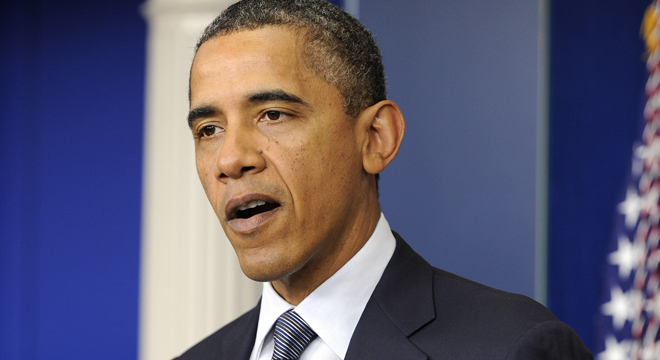The Government Accountability Office has updated its fiscal outlook for the U.S. government and come to some familiar conclusions. The country has a long term imbalance that will have to be addressed, but not until today’s economic woes have passed. If Congress simply does nothing — and allows the Bush tax cuts, and other temporary laws to expire — the country’s fiscal health will improve significantly over the long term.
But the report implies something that’s been lost in the recent partisan debate over the country’s future: repealing ObamaCare would consign us to swift, ugly fiscal and health care crises.
The health care reform law will extend subsidized private health insurance to millions of Americans, paid for with new taxes and Medicare savings. But it also included numerous demonstration projects and reforms intended to rein in the growth of health care costs, and thus Medicare spending. Some of them have great promise — if they can survive.
“Several provisions under current law, including provisions in the Patient Protection and Affordable Care Act (PPACA) were designed to control the growth of health care costs,” GAO notes. “The full implementation and effectiveness of these cost-control provisions, which are reflected in the Baseline Extended simulation, would slow the growth in federal health care spending over the long term…. However, the Trustees, CBO, and the CMS Actuary have expressed concerns about the effective implementation of certain cost-control measures over the long term.”
For example, they have noted that reductions in physician payment rates scheduled to occur under current law have routinely been overridden. They have also questioned whether a provision in PPACA that would restrain spending growth by reducing the payment rates for certain Medicare services based on productivity gains observed throughout the economy is sustainable over the long term. These concerns are reflected in our Alternative simulation, which, consistent with CBO’s and CMS Actuary’s alternative projections, assumes the Medicare physician rate reductions do not occur and that certain cost- containment mechanisms intended to slow the growth of health care costs are not sustained over the long term.
If Republicans get their way and repeal this and other provisions — and if Congress keeps passing temporary “doc fixes” to prevent payment cuts to doctors who see Medicare patients — then Medicare costs will continue to soar, and eventually overwhelm the federal budget.
Here’s what the CBO shows happening if current law is left intact:

And here’s what happens if key provisions of Obamacare, and other scheduled savings, are repealed:

Republicans’ answer to this problem is contained in the controversial budget framework they adopted this past spring. It would phase out Medicare as a single government insurance payer and replace it with a private insurance system — with subsidies for beneficiaries that grow much slower than the cost of health care. Democrats reject this approach — but Republicans aren’t interested in playing ball with the liberal approach of hacking away at health care costs in a way that ultimately makes Medicare affordable.
You can read the GAO’s full report below.






